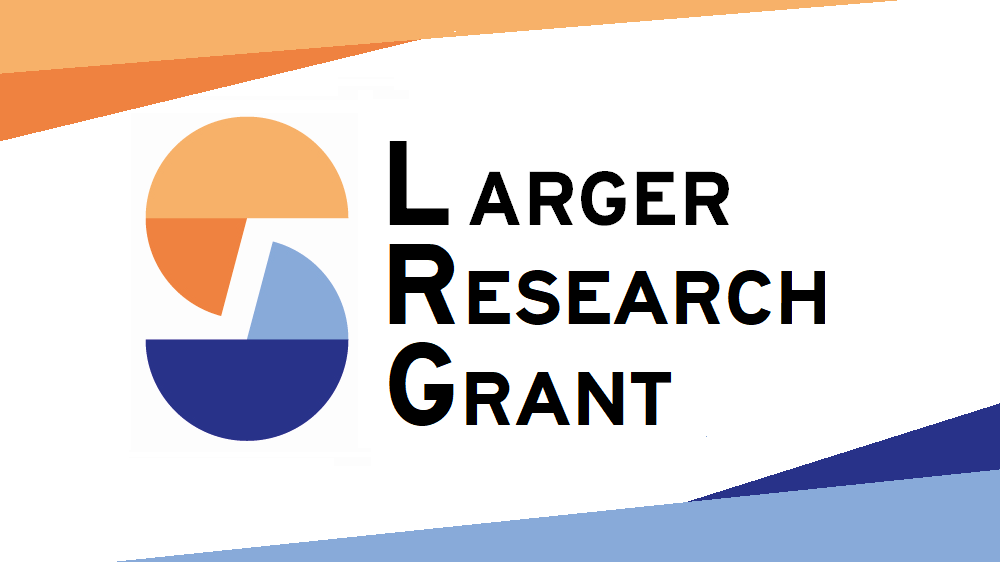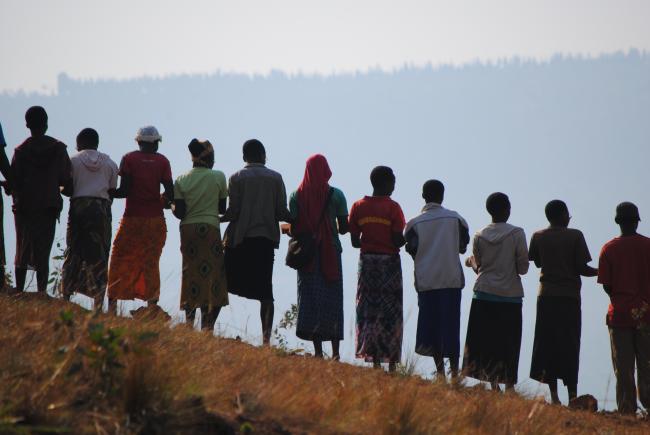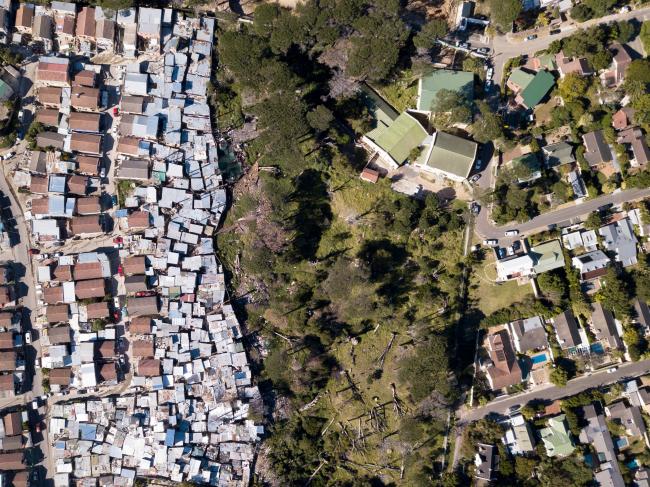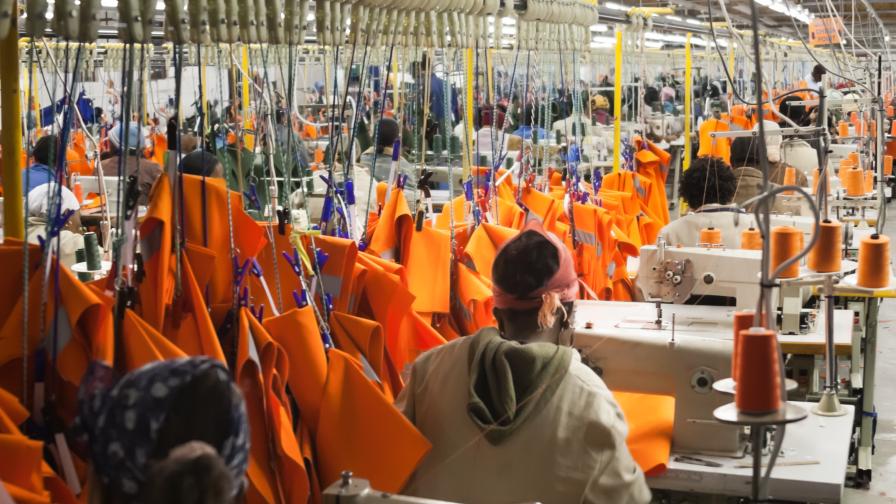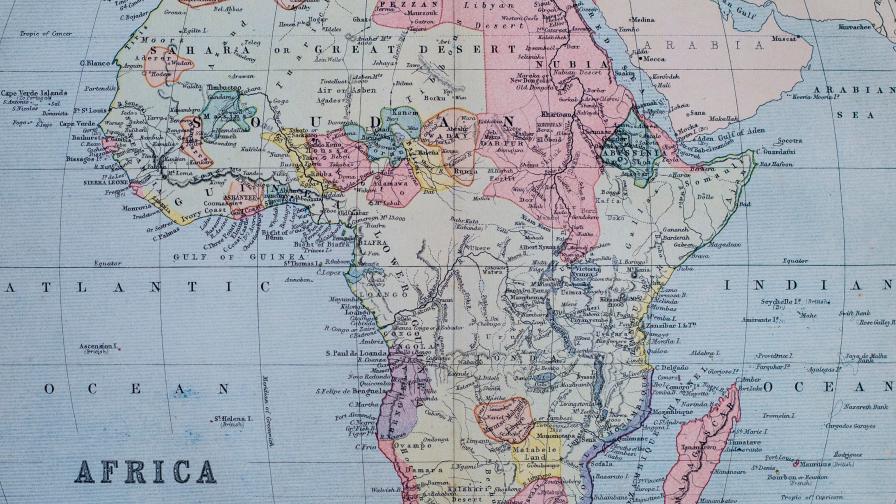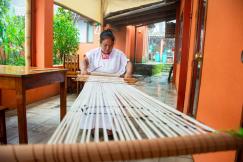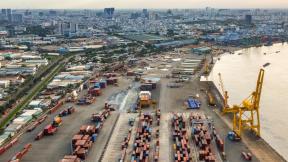French colonisation enforced extractive policies of heterogeneous forms according to the precolonial context, geography, resistance and equilibrium of power with the other colonial empires. A case-study-focused literature revealed short and long-run effects of these policies, but the absence of harmonised indicators of living conditions of the subjected population has prevented so far to analyse them in a comprehensive approach. How have colonial policies shaped the health and economic life of colonised Africans? Did it induce or change the patterns of inequality in the region? And have these patterns persisted over time? This project approaches these questions from two independent but interdependent perspectives.
An integral part of the project is the compilation of a new comprehensive panel data at the municipality level, that will allow to analyse how development and inequality have changed between the 1880s to the 1940s in two key countries in Francophone West Africa: Cote d’Ivoire and Benin. It will expand on a former data collection that covered Morocco, Senegal, Mali and Burkina-Faso. In 1917, France passed its first universal conscription law, imposing every 20-year-old male African, born in a French colony, to serve in the army for a minimum of three years. The process implied a medical examination and a short survey, in which health and economic information at the time of conscription were collected. The French army hence collected micro-data of 3 million Africans born before and during colonisation. The project leads to the construction of a panel dataset on health and economic outcomes that spans approximately 40 years. Given its granularity, this dataset will allow the researchers to evaluate the short-term impact of specific colonial policies on nutrition and the labour market of the local population.
The project team will focus on the impact of one specific colonial policy: the deployment of colonial subjects across the ex-French empire. It will investigate how this policy, in place between 1913 to independence has shaped emigration patterns post-independence and exploit this setting to examine how international emigration can affect the structural transformation in the communities of origin of the migrants, in the long run.
The researchers strongly believe that the construction of this dataset and the resulting study are important for three reasons. First, providing researchers with micro-data from colonial times might pave the way to new studies on the short-run and long-run effects of colonial policies on West Africans, hence allowing the development of a more complete and thorough account of that era. Second, it will help better understand the drivers of inequality, development, and structural transformation in this region, providing insights to policy-makers who would be then able to tailor policies keeping into account the origins of those countries. Third, it sheds light on a pervasive yet under-explored colonial institution, the military labour coercion, allowing policy-makers to understand its long-run various implications notably on conflicts, migration and nation-building.
